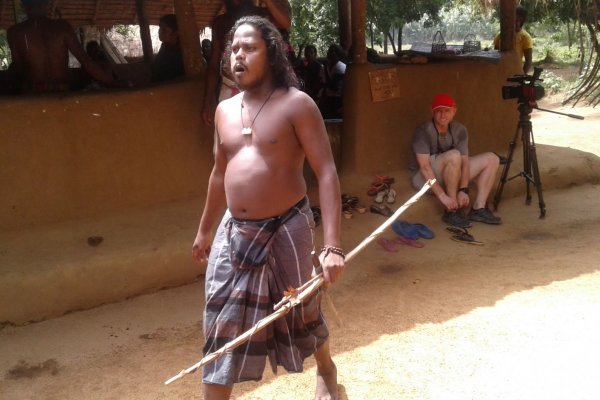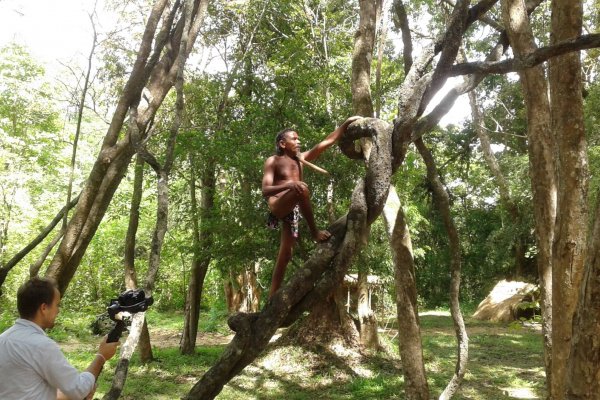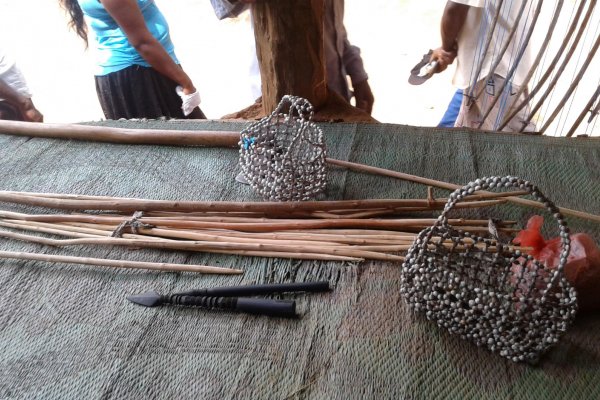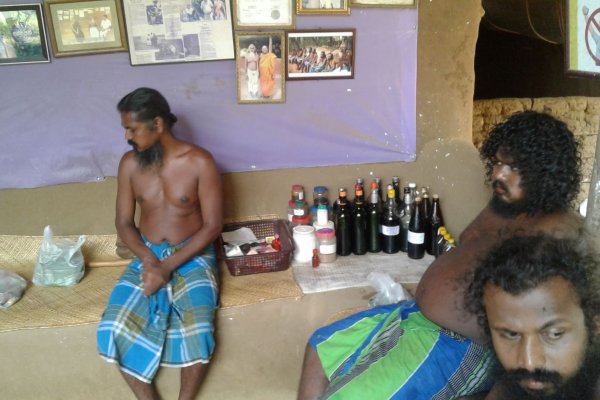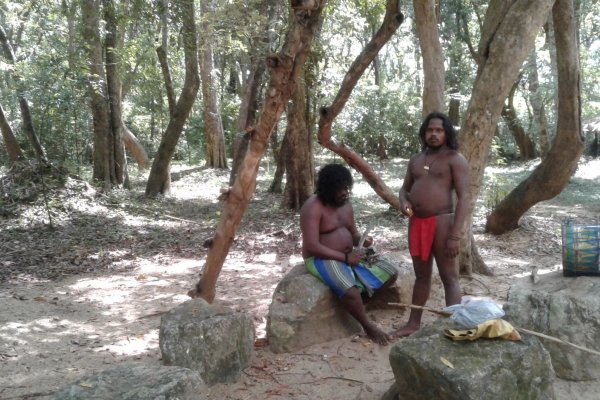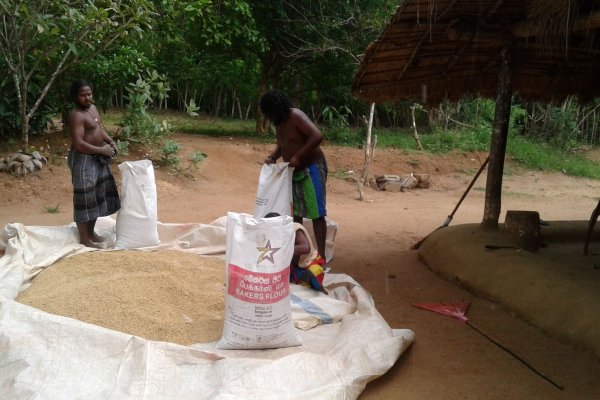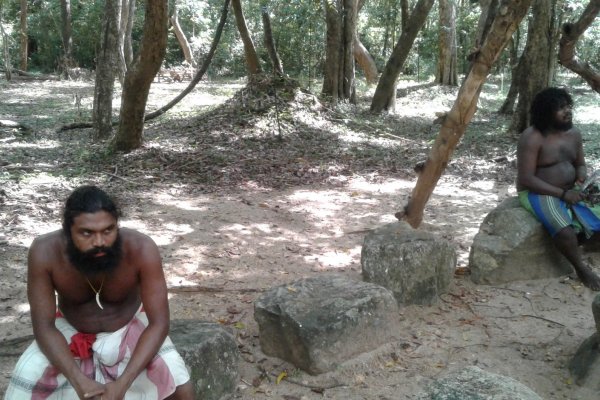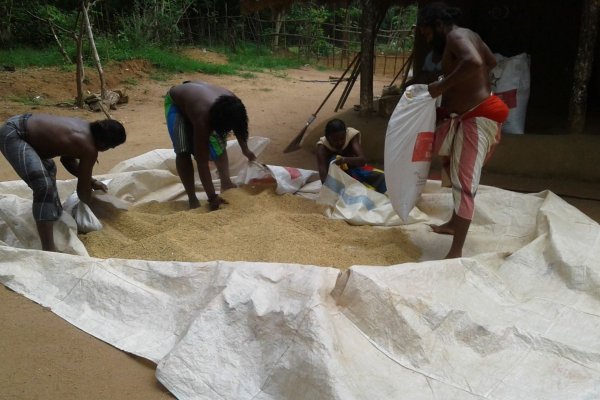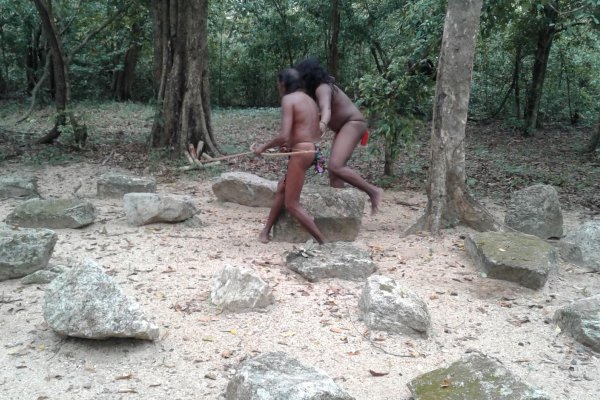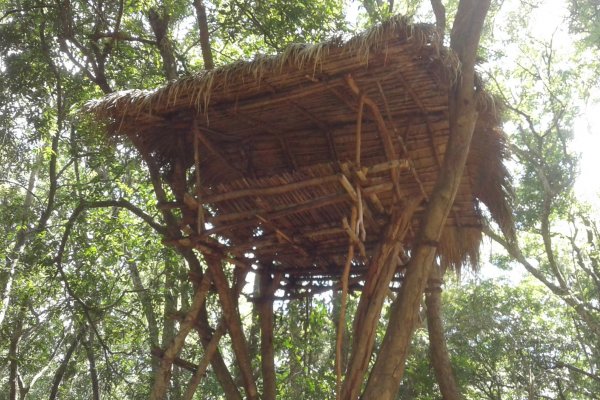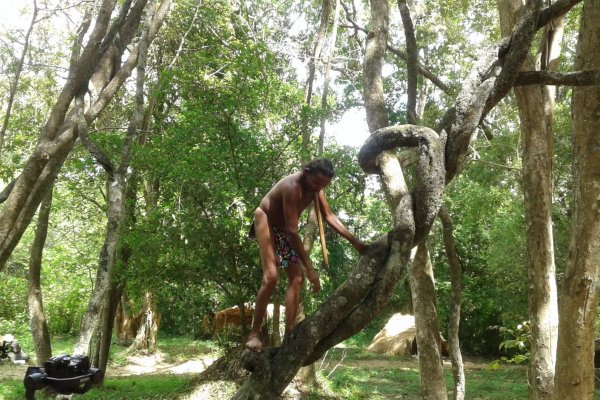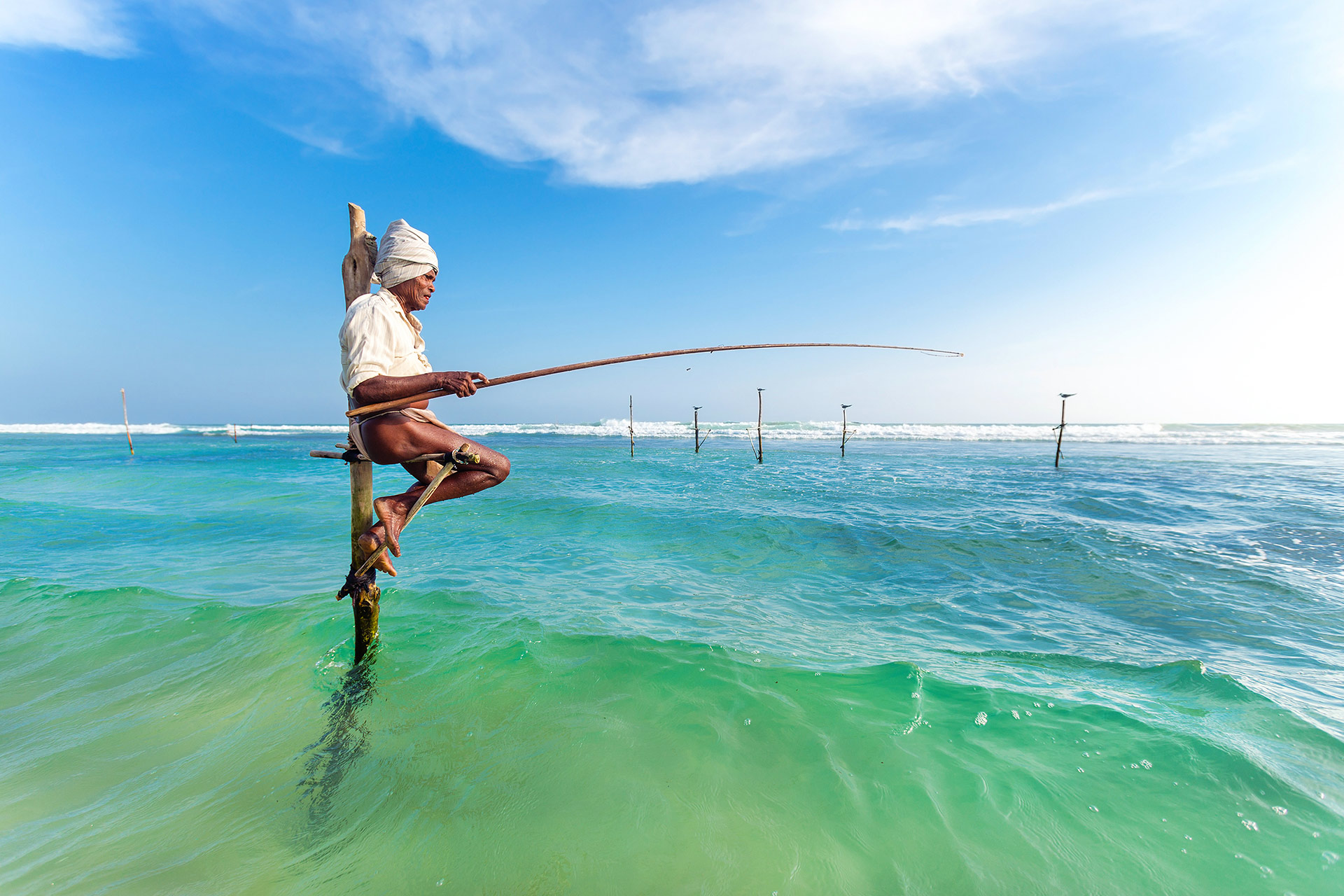The Indigenous people of Sri Lanka are known as the Veddas. Their preferred name is Wanniya-laeto, which translates to the forest dwellers. The Vedda’s sense of community preceded expectations, especially as a family, it is understood that the Vedda’s co-operation with each other is the reason why they have endured the continual changes of the world. They speak a different tongue than Sinhala and this language is unique, only understood by the Veddas, and it’s even hard for Sinhalese people to decipher the dialect. Veddas lead a simplistic life, mud huts harboring families, and in the middle of the jungle away from any disturbances of the outside world. Furthermore, the Veddas used to be cave dwellers rather than forest dwellers, but as time passed straw-roof mud huts became their home. There was also no concept of a patriarchy, which meant that the women and men lived as equals, however there were gender related roles in the household.
Rolling with the transformations of the world the Veddas have moved on to cultivating their own food, as it is prohibited to hunt in Sri Lankan jungles. You can visit the Veddas and appreciate their ways of livelihood. You can explore the huts perched on top of trees, learn to handle a bow and arrow, understand the methods of survival imparted by the Veddas, witness a tribal dance, and even gain some insight into their opinions and thoughts about the world. The chief of the tribe would love to have a conversation. The only thing you need to watch out for is yourself, don’t worry, the Veddas know what they are doing.
However, the Veddas are facing the threat of modernization, and keeping the traditions intact and absent from present-day influence is a tough issue to handle. So, when exploring the Vedda’s territory remember to be respectful of their lifestyle and mannerisms. The Veddas are a collective group of a diminishing population, they are a people, and we must respect that.





